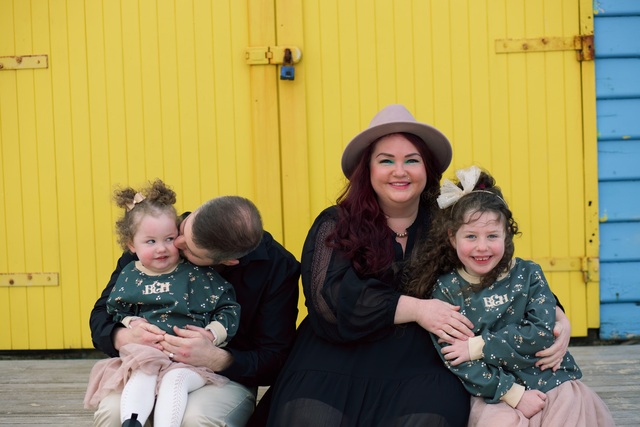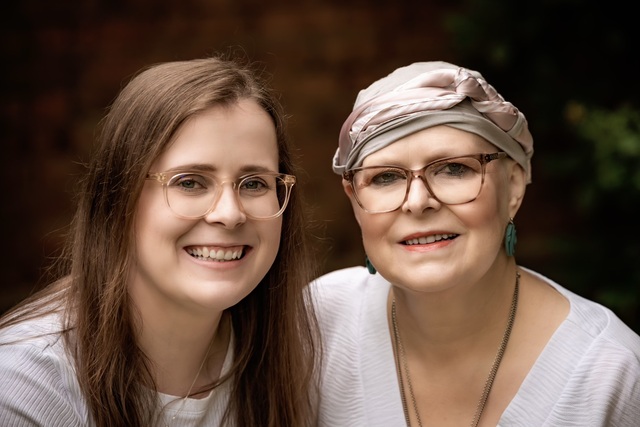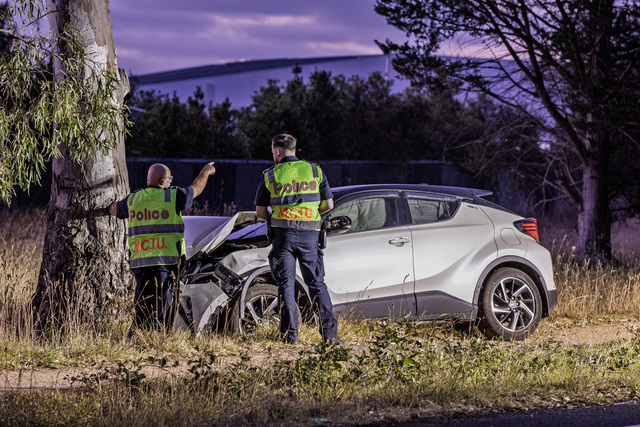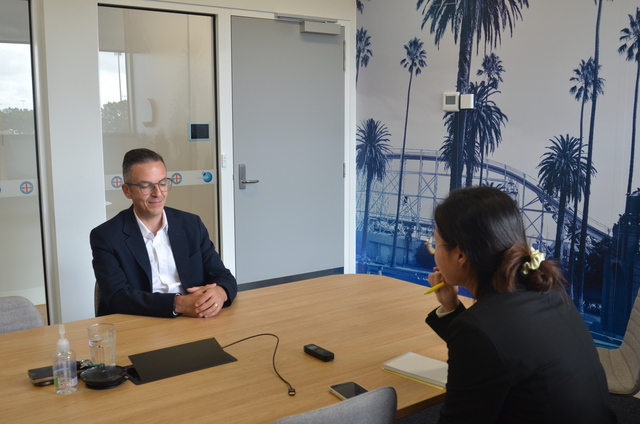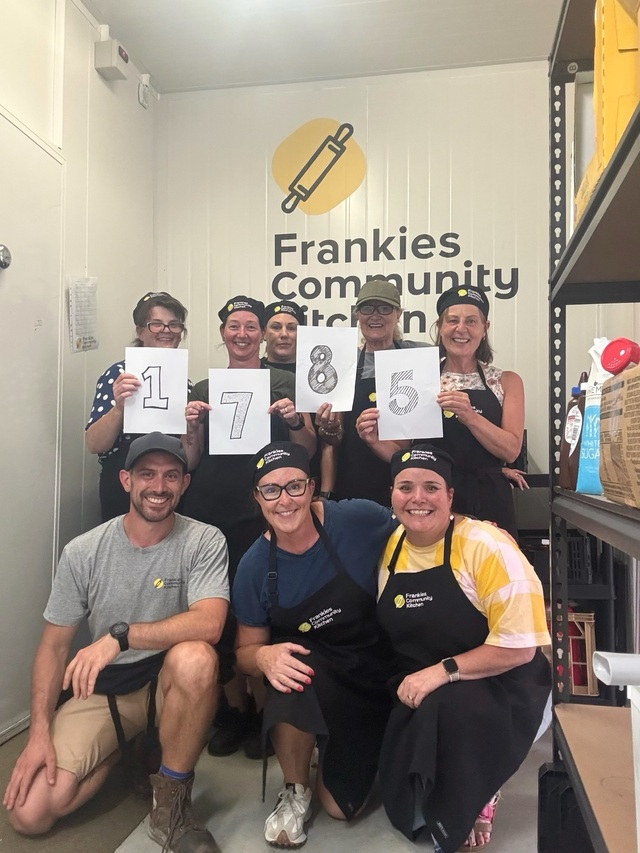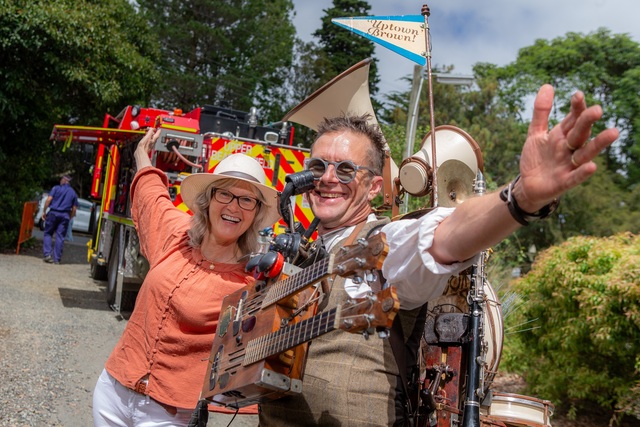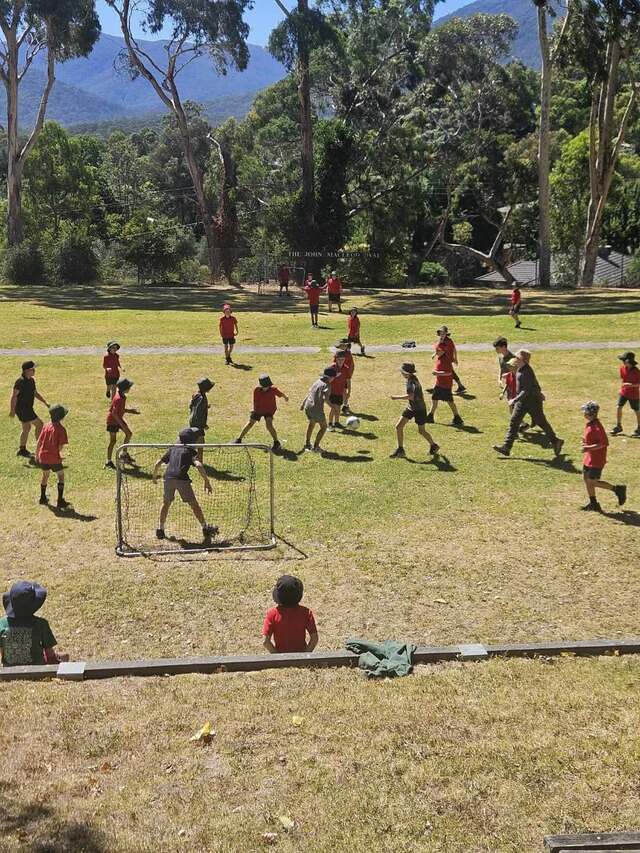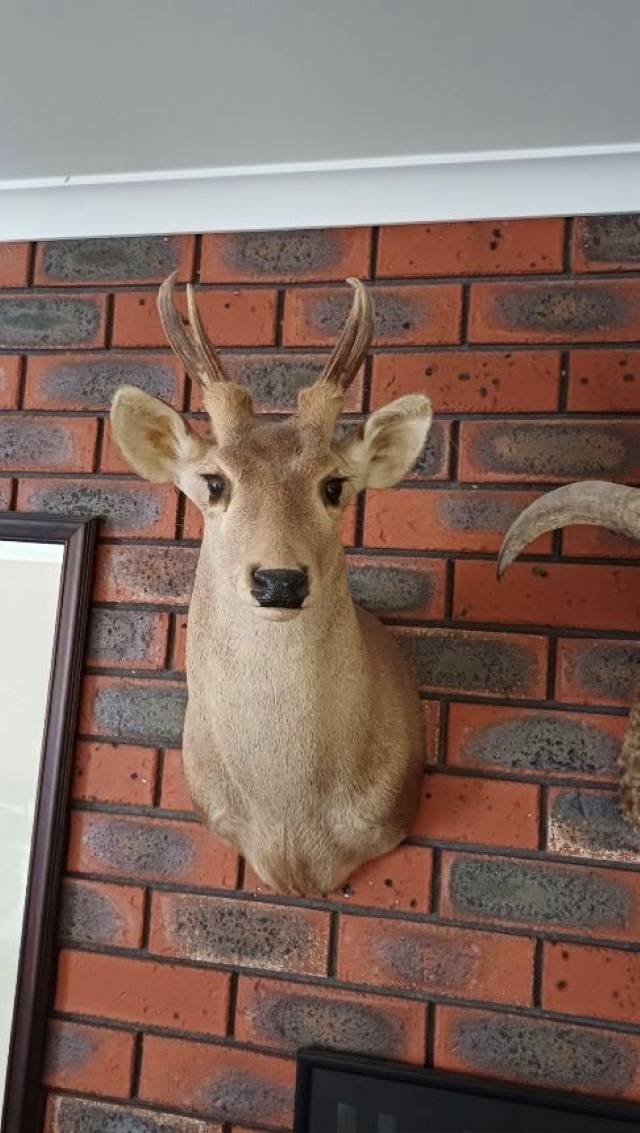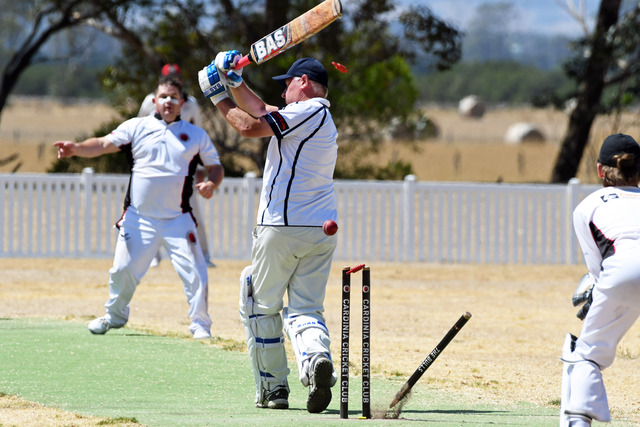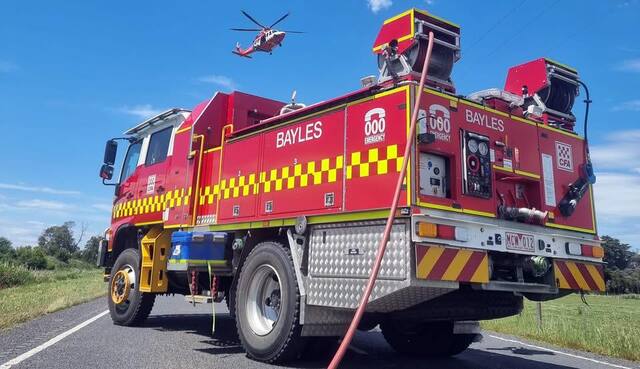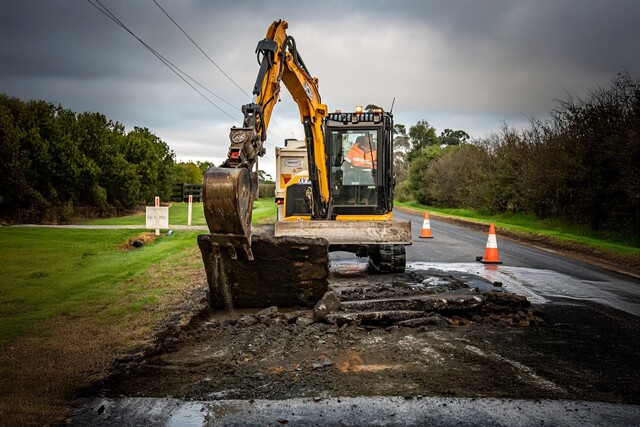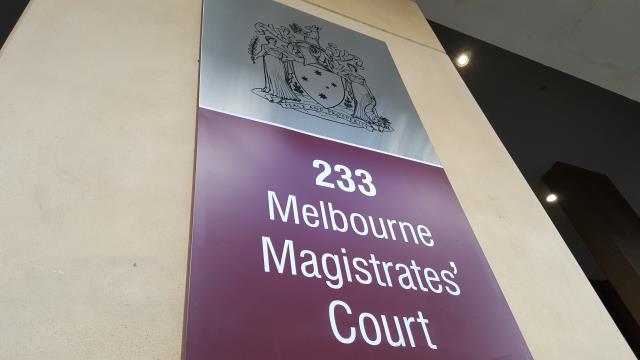PRECEDE: Most people are off work, in good moods, and just generally feeling the love during the Christmas season. Meanwhile motherless daughters are navigating the holiday season without the love and presence of their dear mothers, Gazette journalist Afraa Kori reports.
BREAKOUT QUOTE: “The [not so] festive season tends to bring out heightened emotions around loss, especially in women who feel the absence of their mothers during family gatherings or traditional holiday activities”
As Christmas is around the corner, where festive lights and joyful sounds fill the streets, many motherless daughters face a daunting reality.
After losing her mother, Inverloch’s Danielle Snelling launched Motherless Daughter Australia, to create a better support system support for the grieving community because the holiday season
can “amplify the sense of absence for those who are grieving”.
“For motherless daughters, it’s a time that highlights traditions, memories, and loved ones no longer with us. There is an empty chair at the table and there is a missing person in the photos. Many struggle with feelings of isolation, guilt, or even pressure to “put on a brave face”, or a sense of pressure to replicate what their mum did at Christmas time,” she said.
“For those who lost their mum as children, they are forever wondering where they came from, what mum was like, what mum did at xmas time, etc. A constant searching for identity and ‘what was’. Jealousy is also an extremely common and understandable emotion to experience. Your friends have their mums – there are the picture perfect families all over social media and in the TV ads, meanwhile your have a significant person missing from yours. We also know that mums are often the glue who held everyone together – the reason why the family came together at Christmas time, so there may be family breakdown as a result, adding to further grief. This is called secondary loss and grief. These complex emotions can be overwhelming, which is why support and understanding are especially important during this time.”
“The [not so] festive season tends to bring out heightened emotions around loss, especially in women who feel the absence of their mothers during family gatherings or traditional holiday activities. For those who have recently lost their mothers, the season can be particularly raw, but it also affects women across all demographics, regardless of how much time has passed. It is a profound loss with a lifelong impact.”
Motherless Daughter Australia has seen an increase in their service during the holiday season. There are women of all ages and stages of grief, all across Australia, highlighting it’s very much a national and local demand from women.
“Our online presence is a lifeline for many women, offering instant access to a community that truly and instantly just “gets it.” Our social media accounts and our Private Peer Support Group are platforms whereby women are able to seek advice, share memories, and simply be seen, heard, and validated. Our support makes grief less isolating, giving members a safe space to share even the heaviest emotions that others (society) often shy away from of use unhelpful platitudes in response, which do absolutely nothing except for shut down important conversation.”
“While days and times like Mother’s Day and Christmas amplify grief, we’re here all year round and we never close. Grief is with you forever, and so are we. People often think it is the big times of year (xmas, Mother’s Day) that are hard, and they are, but it is also the everyday and the little things that are hard, too. Our community are able to really lean into us and our support all year round.”
Berwick’s Lauren Hudswell and Cockatoo’s Kelly Latter wouldn’t be able to function without the support of Motherless Daughters Australia.
“Christmas has always been especially hard for me. My Mum was basically WAS Christmas! She absolutely loved it and always made it feel so joyful and magical! The year she passed away I didn’t even get out of bed Christmas Day. I thought “what for?” My love of Christmas died with Mum and I had zero interest celebrating it for many years. Then I had my first daughter and something changed. I wanted to make Christmas magical for her, just as my Mum did for me! Now I enjoy Christmas once more, seeing the pure joy on my girls faces. I’ll always miss my Mum on Christmas Day though, I doubt that will ever change.Motherless Daughters has given me that extra strength and comfort knowing I’m not alone, that there are many women out there just like me; going through the same heartbreak. It’s also taught me that it’s more than okay to feel these feelings, even 11 years down the track. Grief has no expiration date when it comes to losing your Mum, I will love and miss her for the rest of my days. Motherless Daughters is basically a group we all wish we weren’t a member of (for obvious reasons) but are so grateful for at the same time,” Kelly said.
“My mum died last year after her body couldn’t fight the cancer anymore. It was quite possibly the hardest thing I will ever have to witness. When your mum dies when you’re very young, you lose the what could have been and when she dies when you’re much older you lose what was. But when your mum dies between this then you lose both what was and what would be and that’s really hard. It’s not just all the things she won’t be there for but also all the parts of my life that no longer exist. The me before mums death doesn’t exist anymore. I’m this new me without my mum. Motherless Daughters showed me that death and grief is so much more complicated than I’d ever thought. That grief doesn’t ever go away and will always be a part of me. That the old me doesn’t exist anymore because the old me had her mum. They gave me a way to understand, through sharing their knowledge and personal experiences, that grief is an ongoing journey that will be a part of my story for the rest of my life,” Lauren said.
While others focus on their own traditions and happiness, Ms Snelling is calling on everyone to think of the grieving community.
“They desperately need acknowledgment, compassion, and space to talk openly about their loss. They are in need of validation. They need to be told that they’re normal, because those around them have told them there is something wrong with them if they are still grieving. Many just want a space where they don’t have to explain or justify their grief, where they can express what they’re feeling without judgement. A common sentiment many of them share is, ‘you don’t understand until it happens to you’, so seeking out community and having that sense of belonging among those who get it, is life changing.They also need to be empowered. Empowered to truly know and understand that they are normal, what they’re experiencing is so natural and understandable.”
“As a charity organisation, we are reliant on donations and funding from individuals and businesses. We encourage anyone who can, to support our work so that we can continue to support motherless daughters and to ensure our organisation is sustainable.Additionally, we encourage everyone to share our work. Raising awareness that we exist is critical in reaching those who don’t yet know about us, but who need our support. Sharing our resources, attending events, and donating are all valuable contributions. Even simply sharing our message and helping reduce the stigma around grief goes a long way in advancing our mission.”
Beyond Blue’s clinical spokesperson Dr Luke Martin, said we still have a long way to go in speaking openly about grief.
“There can be a taboo around grief, and unhelpful expectations around how much and how long we’re ‘allowed’ to grieve that can lead people to struggle with their grief in silence. People can also be afraid of the strength of the emotions that grief brings up, which can make people less likely to ask others about how they are or to be fearful they’ll say the wrong thing and make it worse. Generally it’s best to acknowledge a person’s loss rather than avoid it. It’s okay to say you don’t know what to say, but it’s important to acknowledge their loss so they know that you care and you are there for them if they want to talk.”

